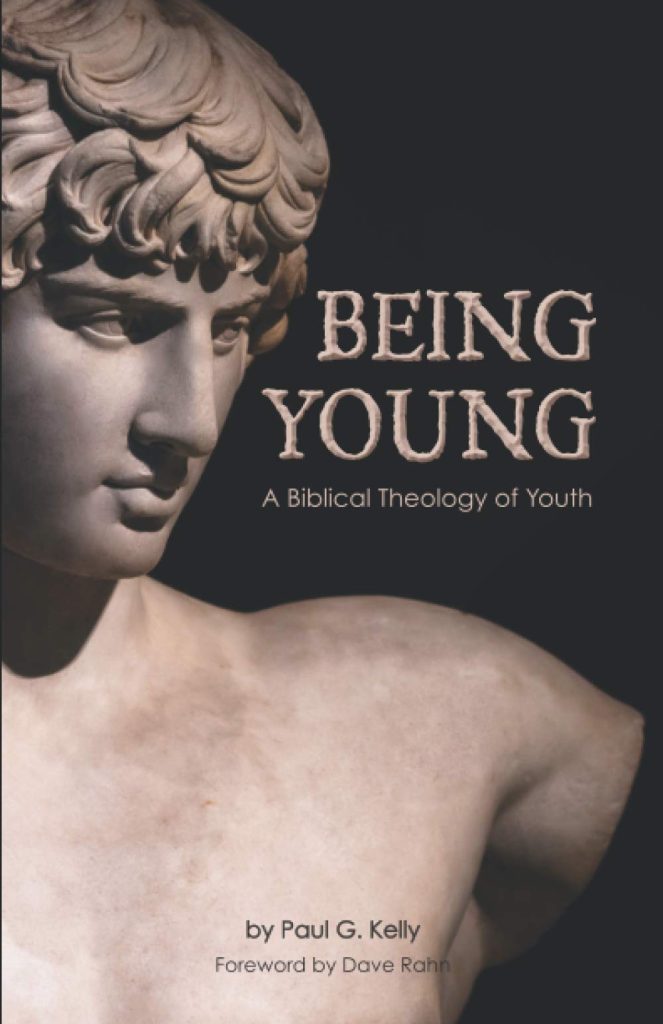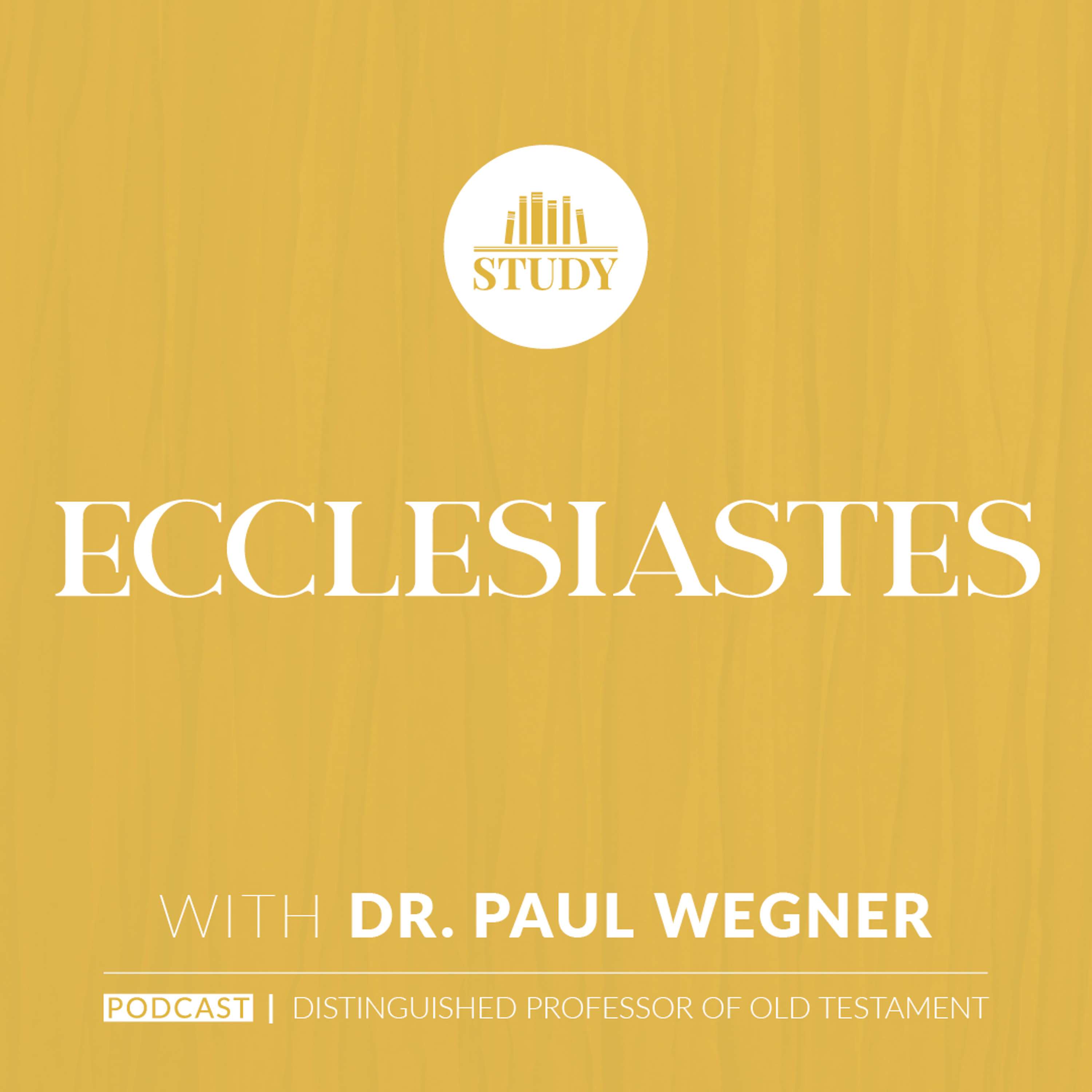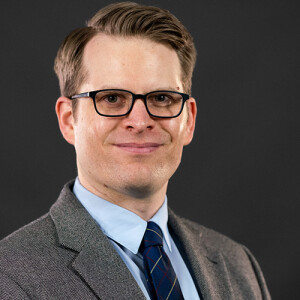
Being Young: A Biblical Theology of Youth
Dr. Paul Kelly
In Being Young, Dr. Paul Kelly has provided a biblically-informed theology of youth that gives youth ministers and pastors a deeper understanding of the common experience and divine purpose of teenage years. Through a nuanced exegetical study of scriptural themes, figures and events, Kelly constructed a theological framework of adolescence to help cultivate young people to spiritual maturity.
The hometown of Jeremiah was on the edge of the wilderness in a small town called Anathoth about three miles northeast of Jerusalem. Jeremiah grew up in a time of great upheaval in the ancient Near East. The Assyrians dominated this part of the world; however, rebellions from various vassal states required significant resources from Assyria to maintain their hold. Young Jeremiah likely heard the rumblings of war as he looked out toward the Dead Sea. The Kingdom of Judah had pledged allegiance to Assyria. King Manasseh had rebuilt the high places once torn down by his father Hezekiah. But Jeremiah was still a boy when an eight-year-old Josiah took the throne.
In 627 B.C., Assyria’s King Ashurbanipal died, and the dominance of Assyria over the Near East ended. At about the same time, the young King Josiah began his reforms of the Southern Kingdom. These events set the stage for the call of Jeremiah to be a prophet of God:
“…in the twelfth year [Josiah] began to purge Judah and Jerusalem of the high places, the Asherim, and the carved and the metal images. And they chopped down the altars of the Baals in his presence, and he cut down the incense altars that stood above them. And he broke in pieces the Asherim and the carved and the metal images, and he made dust of them and scattered it over the graves of those who had on their altars and cleansed Judah and Jerusalem. And in the cities of Manasseh, Ephraim, and Simeon, and as far as Naphtali, in their ruins all around, he broke down the altars and beat the Asherim and the images into powder and cut down all the incense altars throughout all the land of Israel. Then he returned to Jerusalem.” (2 Chronicles 34:3-7)
Within a year of the beginning of the reforms of Josiah, God spoke to Jeremiah.
“Before I formed you in the womb I knew you,
And before you were born I consecrated you;
I appointed you a prophet to the nations.” (Jeremiah 1:5)
Jeremiah was in the line of priests, although it is unlikely he was serving in that office. When God called him to serve as a prophet of the Lord, Jeremiah immediately offered God two reasons why he could not. First, he made an objection reminiscent of Moses (see Exodus 4:10): I cannot speak well (Jeremiah 1:6). To be a prophet, he would need to speak the words of God clearly, and Jeremiah believed he did not have that ability. Second, Jeremiah said that he was a na’ar – in other words, a youth (Jeremiah 1:6). Jeremiah told God he was too young to take on the office of a prophet. Huey suggests that Jeremiah was “probably in his late teen years.” Feinberg prefers an age of about twenty, though he adds, “… na’ar is difficult to define chronologically because this Hebrew noun only conveys the concept of relative age.”
It’s interesting that Jeremiah saw himself as too young to complete the task God had given him. While we don’t know how God spoke to him, Jeremiah clearly knew God had spoken, and he knew exactly what God had said. Despite the clear call of God, he saw his youth as an encumbrance to the role of a prophet. Perhaps he felt insecure because he had little life experience. Perhaps he had no reason to believe his community would give ear to his message. Perhaps he was merely intimidated by the older persons he would be called to address. These are certainly limitations an eighteen – or twenty-year-old might feel.
God’s response, though, was telling:
“Do not say, ‘I am only a youth’;
for to all whom I send you, you shall go,
and whatever I command you, you shall speak.
Do not be afraid of them,
for I am with you to deliver you,
declares the LORD.” (Jeremiah 1:7-8)
God did not accept Jeremiah’s youth as an excuse for failing to take up his calling. He affirmed and expanded his call to Jeremiah. God touched Jeremiah’s mouth, symbolically empowering the young man to speak his words. He told Jeremiah,
“See, I have set you this day over nations and over kingdoms,
to pluck up and to break down,
to destroy and to overthrow,
to build and to plant.” (Jeremiah 1:10)
God gave Jeremiah the responsibility and authority to confront the people of Judah and the other nations on his behalf. Jeremiah was called both to bring words of condemnation (“pluck,” “break,” “destroy,” “overthrow”) and words of encouragement (“build,” “plant”). God’s call to Jeremiah surpassed the young man’s own assumptions of his youth and perhaps even assumptions of his community. God shaped this youth into the prophet many see as the most significant of his age. Feinberg describes him this way:
Many are agreed that his greatest contribution to posterity is his personality: by birth a priest; by grace a prophet; by trials of life a bulwark for God’s truth; by daily spiritual experience one of the greatest exponents of prophetic faith in his unique relation to God’ by temperament gentle and timid, yet constantly contending against the forces of sin; and by natural desire a seeker after the love of a companion, his family, friends, and, above all, his people – which were all denied him.
While this passage exposes the insecurity Jeremiah felt due to his youth, it also shows that God extended power to the young man. What should we take away about the nature of youth from Jeremiah’s story? Perhaps this: While young people lack life experience, God does not view them as insignificant of “junior” members of society. Rather, he calls them to engage the community on the basis of their confidence in God and their youthful passion.
Taken from Being Young © Copyright 2022 by Paul Kelly. Published by The Youth Cartel. Used by permission of the publisher. All rights reserved
Read More

“Faith is a tree known by its fruits”: The Gisle Johnson Project
The Gisle Johnson Project is a new research endeavor spearheaded by Robb Torseth

Excerpt — Towards a Clearer Understanding of Jonathan Edwards’s Biblical Typology: A Case Study in the ‘Blank Bible’
Dr. Cameron Schweitzer provides new insights into Jonathan Edwards’s often mischaracterized typology.
Listen
A Lifetime of Ministry
Minister Darren Logan joins Dr. Hopkins this week to speak on the effects of raising 8 children overseas and how it impacted their family. He also talks about the cultural differences in California even within the USA, and the importance of slowing down in your prepar

Wisdom Books | Ecclesiastes
A common misconception about the book of Ecclesiastes is that it is very pessimistic. In actual fact, there is great comfort throughout the book that while life without God is meaningless, there is great satisfaction found when we cling to the Lord, and only to Him.

Watch

Jonathan Edwards and the Asbury Revival
Chris Chun and Chris Woznicki discuss the signs of true revival, signs of the work of the Holy Spirit, and why it is important to critically assess the characteristics of revival in a spirit of charity.

Jonathan Edwards and the Baptists | Douglas Sweeney, Nathan Finn and Chris Chun
Dr. Douglas Sweeney and Dr. Nathan Finn joined Dr. Chris Chun for a panel discussion on Jonathan Edwards, recorded live at the SBC Annual Meeting in Anaheim.




